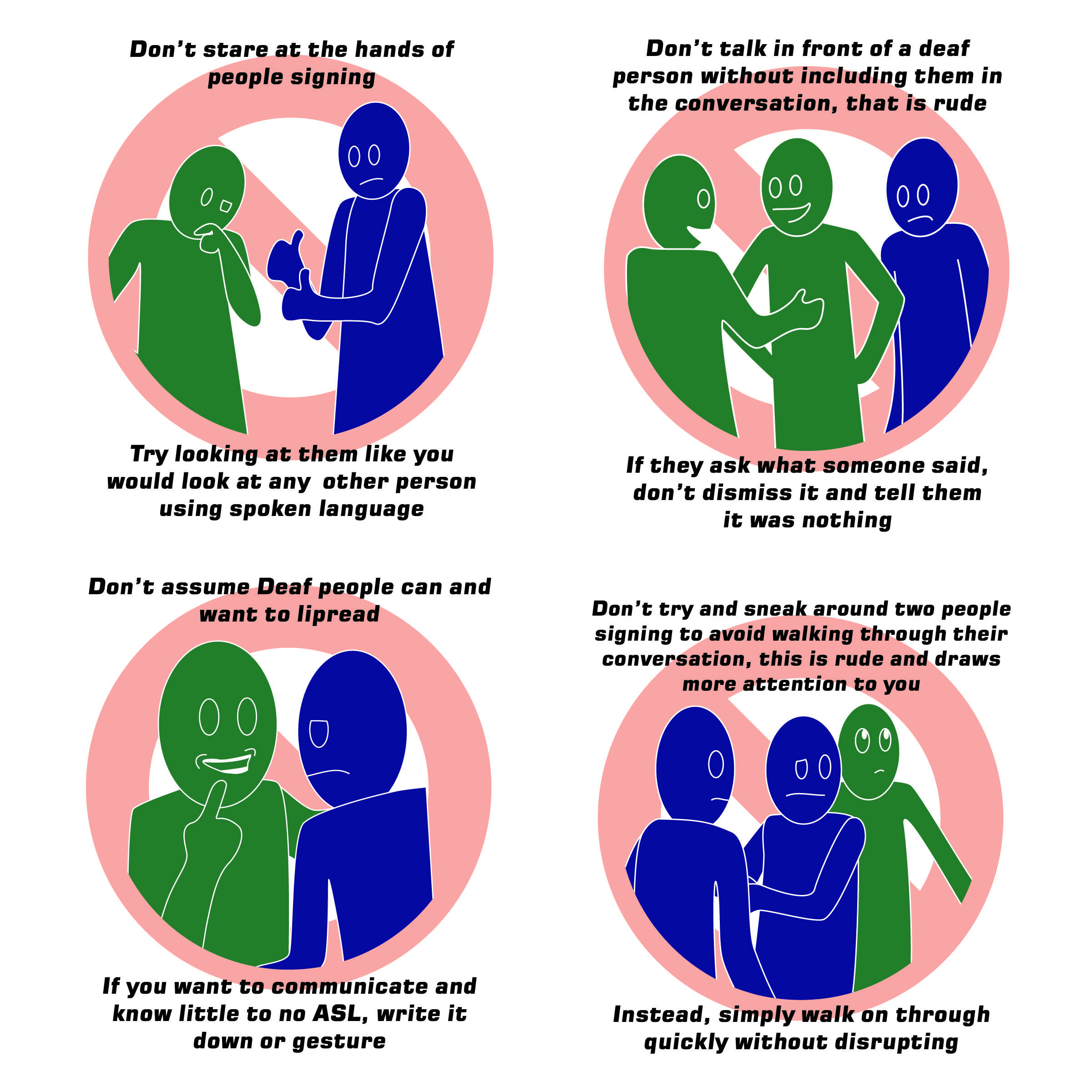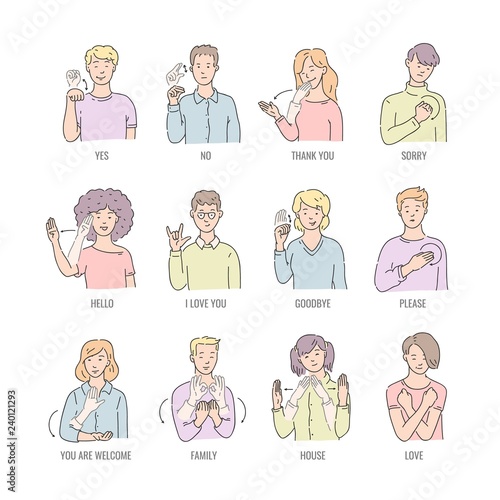Deaf people are often assumed to be mute or unable to speak, but this is not necessarily the case. In fact, many deaf people have the ability to speak and communicate verbally. However, there are several reasons why some deaf individuals may be perceived as mute.
Congenital Deafness

Congenital deafness refers to deafness that is present at birth or acquired during early childhood. In some cases, congenital deafness can be associated with other developmental disabilities that may impact a person's ability to speak. For example, a child with congenital deafness may also have a cognitive or motor impairment that makes it difficult to learn language and speak clearly.
Acquired Deafness

Acquired deafness refers to deafness that occurs later in life, often as a result of illness, injury, or exposure to loud noise. In some cases, acquired deafness can be sudden and profound, leaving an individual without the ability to communicate verbally. Without proper support and training, a person with acquired deafness may struggle to develop speech and language skills.
Communication Methods

For many deaf individuals, sign language is their primary mode of communication. Sign language is a visual language that uses hand gestures, facial expressions, and body language to convey meaning. While some deaf people may also speak and lipread, others may rely solely on sign language to communicate. This can lead to the assumption that they are mute or unable to speak.
Social Isolation
Deaf individuals may also experience social isolation and communication barriers that can make it difficult to develop verbal communication skills. Without access to appropriate support and resources, a deaf person may struggle to interact with hearing individuals and develop their speaking abilities. This can lead to the assumption that they are mute or choose not to speak.
Cultural Beliefs

Finally, some deaf individuals may choose not to speak as a form of cultural identity. In the deaf community, there is a strong sense of pride in deaf culture and sign language. Some deaf individuals may choose to communicate exclusively in sign language as a way of affirming their cultural identity and rejecting the notion that deafness is a disability that needs to be fixed.
Conclusion
In conclusion, deafness does not necessarily equate to muteness. While some deaf individuals may struggle with verbal communication due to a variety of factors, many are able to speak and communicate in a variety of ways. It is important to recognize and respect the diverse communication needs and preferences of deaf individuals, and to provide appropriate support and resources to help them thrive.